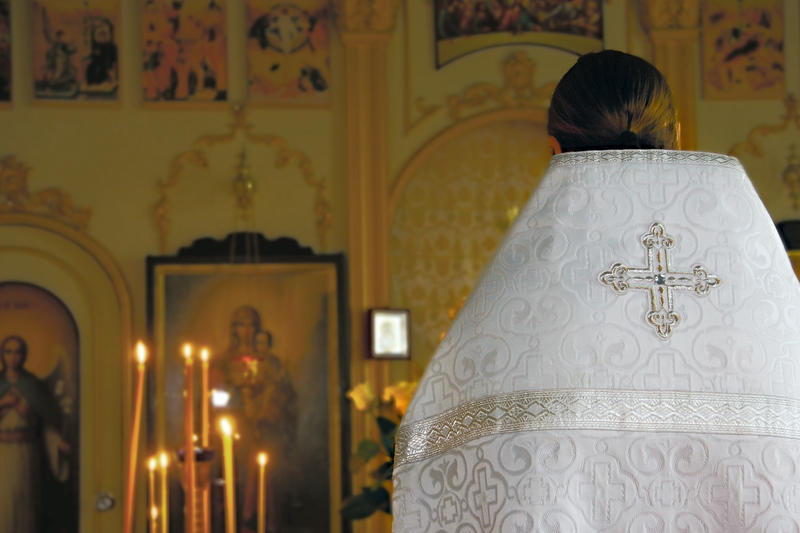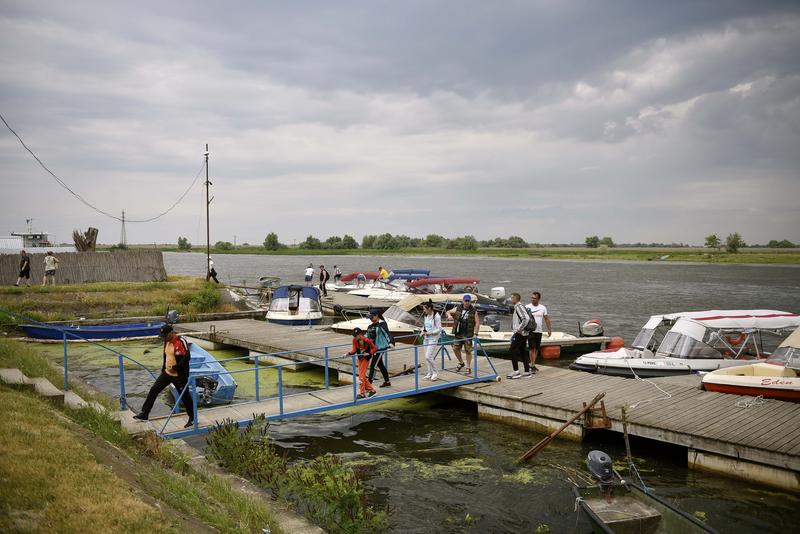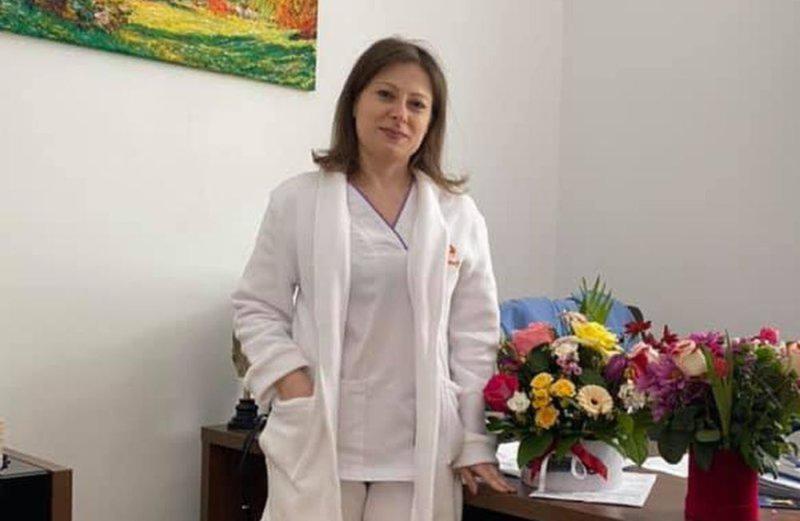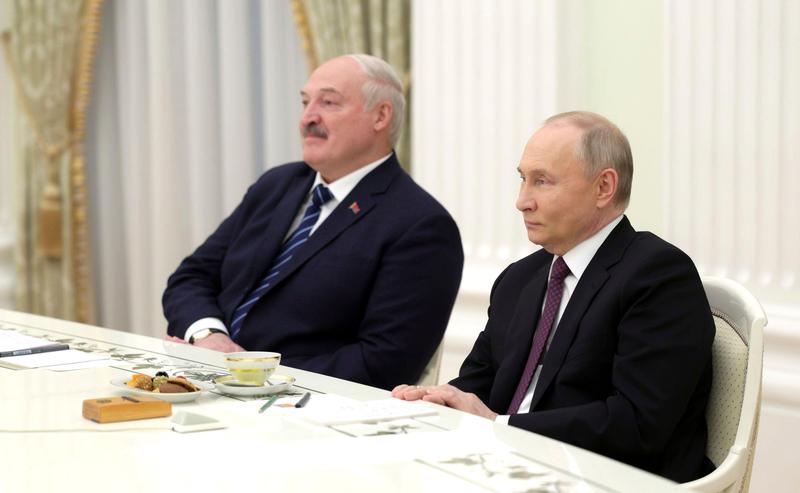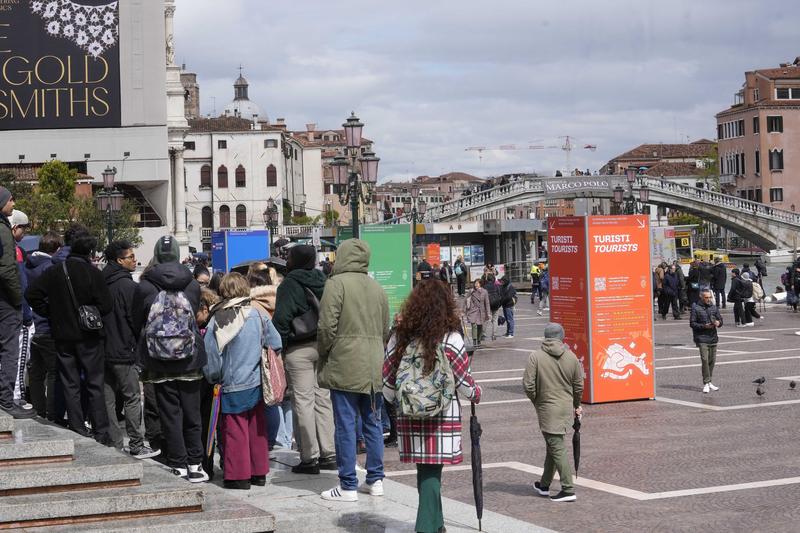All newspapers on Friday read about the government's decision to cut by another 25% salaries in the unique law for which the Government intends to take responsibility in the Parliament on September 2. The new anti-crisis measures disturb not only union members but also politicians, and even representatives of the governmental coalition. Elsewhere in the news, foreigners are attracted by Romania's agricultural land.
Romania libera reads about the latest governmental decision to cut 25%, on average, at the salaries in the unique law, for which the government plans to take responsibility in the Parliament on September 2.
This is the second time the government decides to cut off salaries by 25% after in late June they decided to cut them by another 40%. Union leaders declared for the newspaper that the unique salary law will not bring about any benefits for workers.
Most dissatisfied with the law are professions, who threaten to organize general strikes after school starts.
The government undergoes several image problems, as the recent governmental decision to force all state employees to take up an unpaid 10 day holiday stirs up controversy among politicians, and even representatives of the governmental coalition, Cotidianul reads.
The newspaper quotes several local mayors saying that they refuse to send the people home and that the government should send their employees home and restructure some ministries recently set up.
Bistrita mayor Ovidiu Cretu declared that until the government will issue an ordinance on the matter, he refuses to send any personnel home. Craiova mayor, Antonie Solomon, South Romania announced on Wednesday that he will not lay off people unless the PM will demand it.
Meanwhile, Romania celebrates the crisis with 376 festivals per month, Gandul reads. Politicians take advantage to build up some electoral capital for the upcoming presidential elections. 91% of the festivals were financed with public money, the newspaper reads.
The solution to the crisis, in the eyes of the ruling class resides in festivals and celebrations despite the fact that regular people are on the verge of losing their jobs.
Romania libera reads that Romania's agricultural land is ten times cheaper than in Germany and is the lowest in the Union, which makes foreign investors very interested in any business opportunity, Serbian daily Blic reads, quoted by Rador.
With two to three thousand euro one can buy one acre of good land while in North Germany, the acre can be from five to ten times more expensive, Blic reads. The paper warns that prices might increase in the upcoming period in Romania as well.

